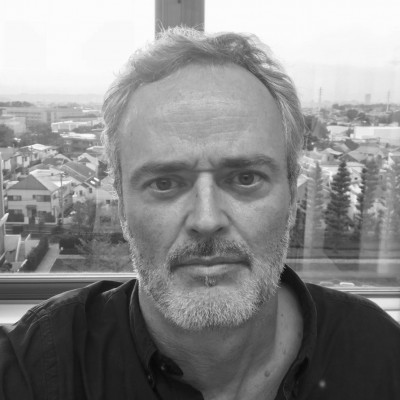David Kennedy
Nihon University, College of Commerce
David Kennedy is Associate Professor at Nihon University, College of Commerce. His research focuses on the psycho-social implications of digital technology for higher education. He is the co-editor of the volumes “Bringing Forth a World: Engaged Pedagogy in the Japanese University” (Brill/Sense, 2019) and “Bernard Stiegler and the Philosophy of Education” (Routledge, 2021).

Sessions
Multiliteracy and Indeterminate Futures in the Age of Surveillance Capitalism
This paper reasserts the oft-neglected notion that language learning is fundamentally a liberal art. The liberal arts can be defined by a concern for humanity’s movement through time, a project that situates the cultivation of knowledge within a temporal frame, i.e., an ongoing and purposeful engagement with the past (e.g., Arendt, 2006). This tradition implies that education is essentially a caretaker of cultural memory, a mediator between the very real accumulations of the past (retention) and the indeterminate possibilities of the future (protention). However, this tradition has been eroded by the forces of digital monitoring, mass data mining, and predictive algorithms—forces that are central to our digitally interconnected social worlds. Zuboff (2019) illustrates how ‘surveillance capitalism’ not only subjects individuals to a nonconsensual use of behavioral data for predictive use in targeted marketing, it also aims to manipulate these asymmetrical knowledge relationships to determine the future itself. This trend has enveloped the language ‘industry’ as well, a profit-oriented enterprise centered largely on the use of standardized testing as a gatekeeper for social mobility. This paper outlines how language educators might resist such deterministic schemes by implementing multiliteracy approaches to awaken possibilities for ‘social futures’ (New London Group, 2000).